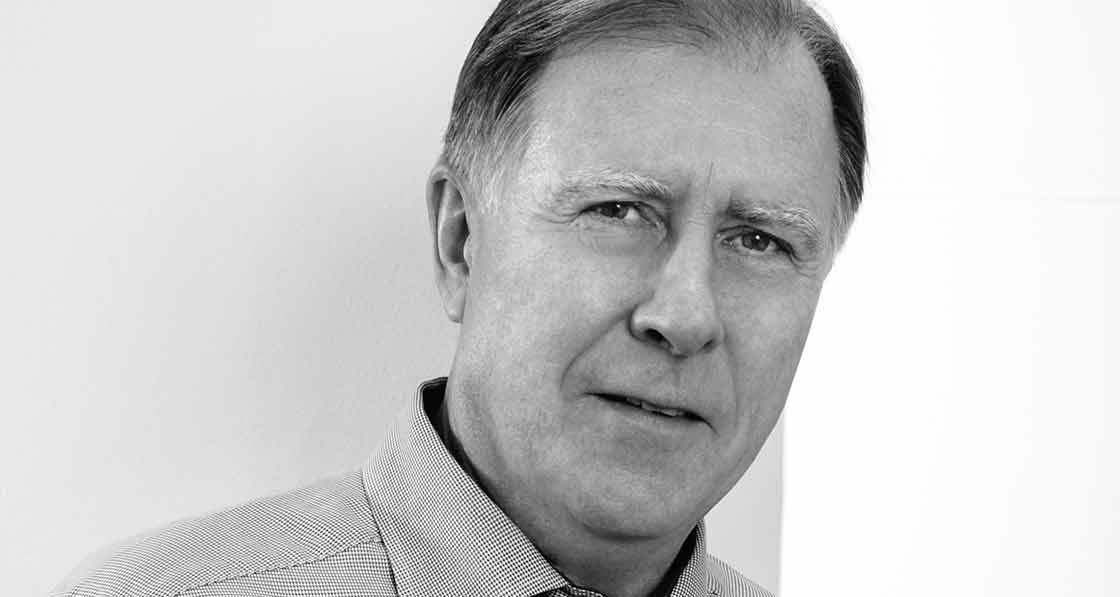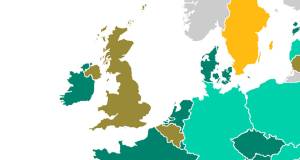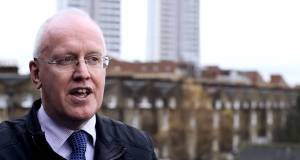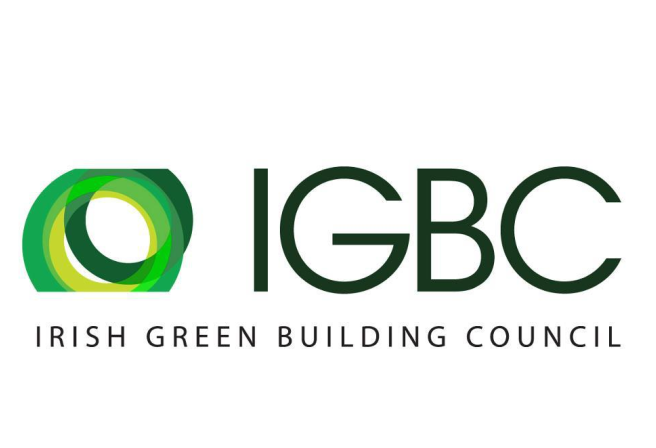
- Blogs
- Posted
“Sustainability must be embedded at all stages of a building’s life,” says David Browne of RKD
In the #BuildingLife ambassador spotlight series, Passive House Plus is profiling leaders who have endorsed the Irish Green Building Council’s call to address the environmental impacts of buildings across their lifecycle.
This article was originally published in issue 40 of Passive House Plus magazine. Want immediate access to all back issues and exclusive extra content? Click here to subscribe for as little as €10, or click here to receive the next issue free of charge
In our fourth interview, David Browne, director of architecture practice RKD and former president of the RIAI, tells us more about the campaign and why he is supporting it.
Why did you choose to become a #BuildingLife ambassador?
David Browne: The #BuildingLife campaign is a fantastic opportunity to address the environmental impacts of buildings across their life cycle. More specifically, it aims at developing a roadmap and tools to reach carbon neutrality in the built environment by 2050. There is enormous scope for innovation and scaling up new ideas in our industry to meet this target. But this requires better co-operation between the public and private sectors. Enterprise leaders and governments must act consistently. That’s why, I am thrilled to be part of the #BuildingLife campaign and look forward to working with fellow ambassadors.
What are you hoping to achieve with the #BuildingLife campaign?
DB: As an architect, I have seen significant changes in ambition in relation to sustainability over the last 15 years. In 2006, green building certification such as LEED and BREEAM was a novelty. It is now the norm for commercial, residential and many public sector buildings. This is positive, but embodied carbon emissions — which are associated with the production of building materials and the construction of buildings — as well as optimum design are still not yet fully considered. Too often, the perception is that addressing these critical issues may add to the bottom line. I am hoping the campaign will raise awareness about these issues. Sustainability now needs to be embedded at all stages of a building’s life, from design to planning, construction and use.
Can you explain a few ways in which RKD is working towards a sustainable built environment?
DB: At RKD, we have developed and are in the process of implementing a charter to bring sustainability into practice. We are targeting to achieve a carbon neutral workplace within the next five to seven years, and we constantly try to help improve the sustainability capabilities of our staff. For example, we have recently produced a playbook of sustainability actions to be taken at every stage of building design. We are also committed to driving ambition with our clients. We are developing an early design performance analysis workflow and are working towards a new post-occupancy evaluation service offer. This is to expand our services as sustainability consultants and ensure optimal value for our clients.
We want to explore the spatial implications of policy on urban areas and set out highly practical actions.
We also support Ireland’s transition to a more sustainable built environment through two actions. As part of the Construction Sector Group’s innovation and digital subgroup, my colleague Karolina Bäckman and I are working with our industry colleagues seeking to identify research initiatives into disruptive innovations which will impact climate action in planning, design and construction of the built environment.
These innovations should aim at driving our sector performance to deliver best practice and provide tangible, beneficial outcomes for citizens. Specific areas addressed include decarbonisation, circular built environment, social value and community wellbeing, and climate change resilience.
As chair of the Irish Cities 2070 initiative, I am working with architects and other building professionals to create a long-term vision of urban design and urban policy in Ireland. We want to test options that link livelihood with liveability for Irish cities of different scales to thrive. We want to explore the spatial implications of policy on urban areas and set out highly practical actions. Finally, we want to underline the value of evidence-based decisions to achieve sustainable placemaking. This group is currently carrying out a study of Galway city to imagine its sustainable and liveable long term urban future, and to test our ideas and how they might be applied to other Irish cities.




